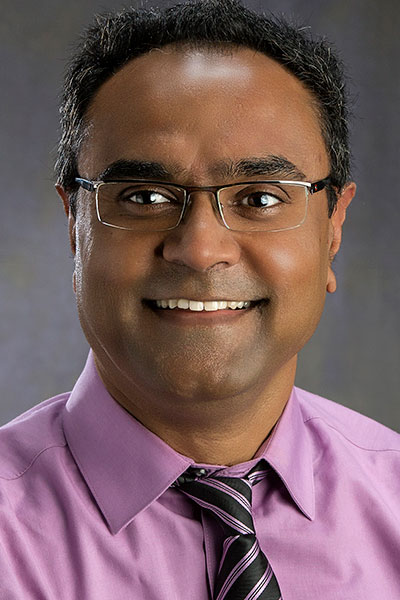
CHEST 2022 features 13 pro-con debate sessions across 4 days in Nashville. From unsettled controversies in airway management to crisis standards of care and management of VTE, debates focus on practical questions that touch every clinician in every practice setting.
“With the pandemic, a lot of us have been forced to come face-to-face with managing really difficult airway scenarios, especially physiologically difficult airways,” said June M. Chae, MD, assistant professor and chair of critical care medicine and medical director of bronchoscopy at Mayo Clinic Health System in La Crosse, WI. “There are many critically ill airways which have difficult anatomic and physiologic risk factors. Oftentimes, these patients are not only hemodynamically unstable but already have acute hypoxemic respiratory failure that puts them at increased risk.”
Dr. Chae will chair Update in Airway Management: A Crossfire Debate on Sunday, October 16, from 8:00 AM – 9:00 AM CT in Room 104A. Speakers will advocate for and against awake intubation in the critically ill, the use of ketamine during induction, and whether to use bougie as first-line or adjunct for difficult airways.
“We will provide evidence-based points of view of the benefits and potential downsides of these airway management strategies,” she said. “We need to individualize our airway management strategy to the unique physiologic and anatomic derangements that each patient presents.”

The COVID pandemic has focused attention on crisis standards of care like no other situation in recent decades. There are no easy approaches to maximize outcomes when health systems and individual clinicians must ration care and decide who to treat.
“Crisis care across an entire population or society is very different from triage on a battlefield or a mass casualty situation,” said Kelly Michelson, MD, MPH, professor of pediatrics, Julia and David Uihlein Professor of Bioethics and Medical Humanities, and director of the Center for Bioethics and Medical Humanities at the Northwestern University Feinberg School of Medicine.
Dr. Michelson will chair Pitfalls in Determining Prognosis in Crisis Standards of Care on Tuesday, October 18, from 8:00 AM – 9:00 AM CT in Davidson A2-A3. Presenters will look at the potential utility of physiologic scoring systems and how much prognosis should be considered when rationing care.
“How much should we make decisions based on who is most likely to survive?” she asked. “How much should we prioritize people who are fundamentally needed to ensure the continuity of our community, our culture, our society, or our daily living? How do we make decisions without contributing to existing inequities or creating new inequities? We are still trying to figure out the appropriate strategies, and clinicians are often caught in the crosshairs.”

Clinicians are just as much in the crosshairs when managing VTE, including acute pulmonary embolism. The incidence of VTE is increasing with both age and COVID, and practice guidelines from different organizations are as diverse as clinical practice.
“Not only are guidelines diverse, the evidence is contradictory,” said Bhavinkumar D. Dalal, MD, FCCP, pulmonary, critical care, and sleep medicine specialist with Beaumont Health System. “Clinical practice is significantly variable by specialty and by location.”
Dr. Dalal will chair Controversial Issues in VTE Management on Wednesday, October 19, from 8:00 AM – 9:00 AM CT in Room 104DE. Divergent trial results promise sharp debate over the addition of antiplatelet agents to anticoagulation for VTE and the need for catheter-directed intervention in patients with pulmonary embolism without frank hypotension.
“When you talk about a procedure, a catheter-directed intervention, there is a CPT code and reimbursement involved,” Dr. Dalal said. “Management becomes a financial issue to some degree, which may be one reason practice can deviate from the evidence. At the same time, there are significant gaps in the literature relating to the most appropriate management of VTE in COVID and other settings.”
Join us at CHEST 2025
Save the date for the next Annual Meeting, October 19 to 22, 2025, in Chicago. CHEST 2025 will explore the latest advancements in pulmonary, critical care, and sleep medicine, with a focus on innovation and the future, just as the city itself embodies progress and reinvention.





